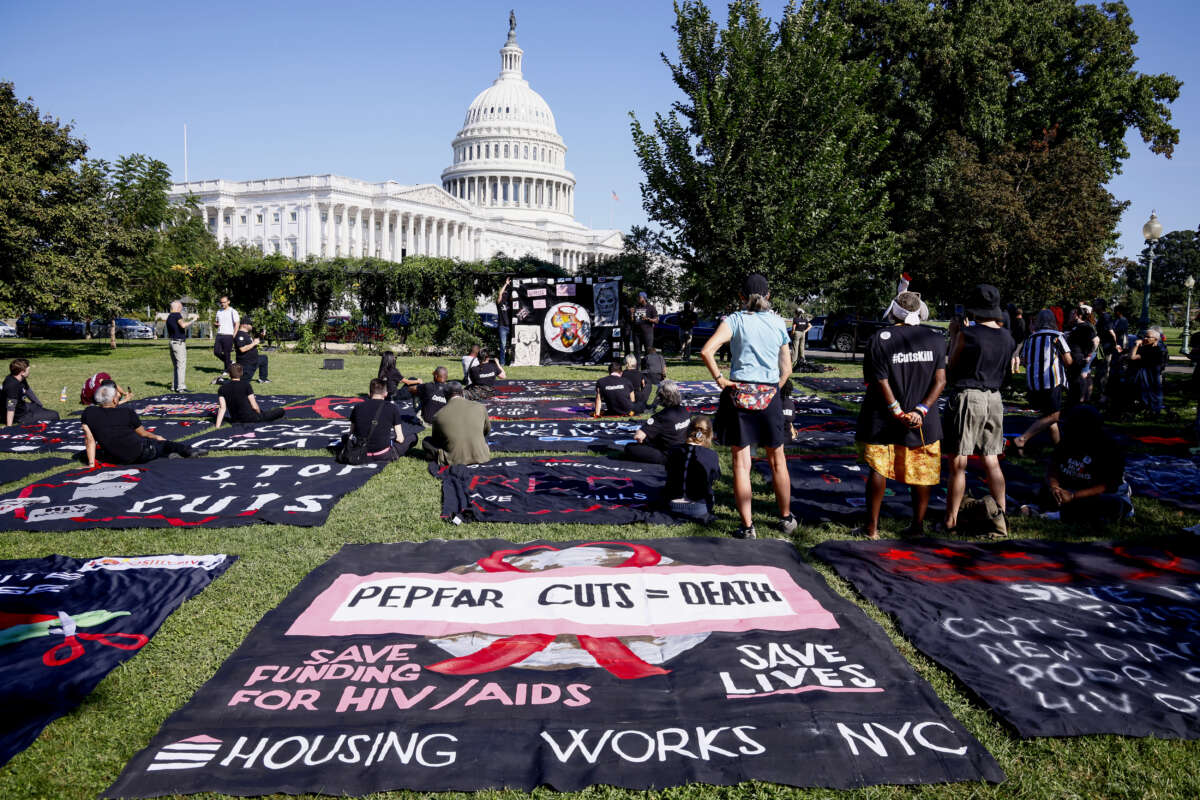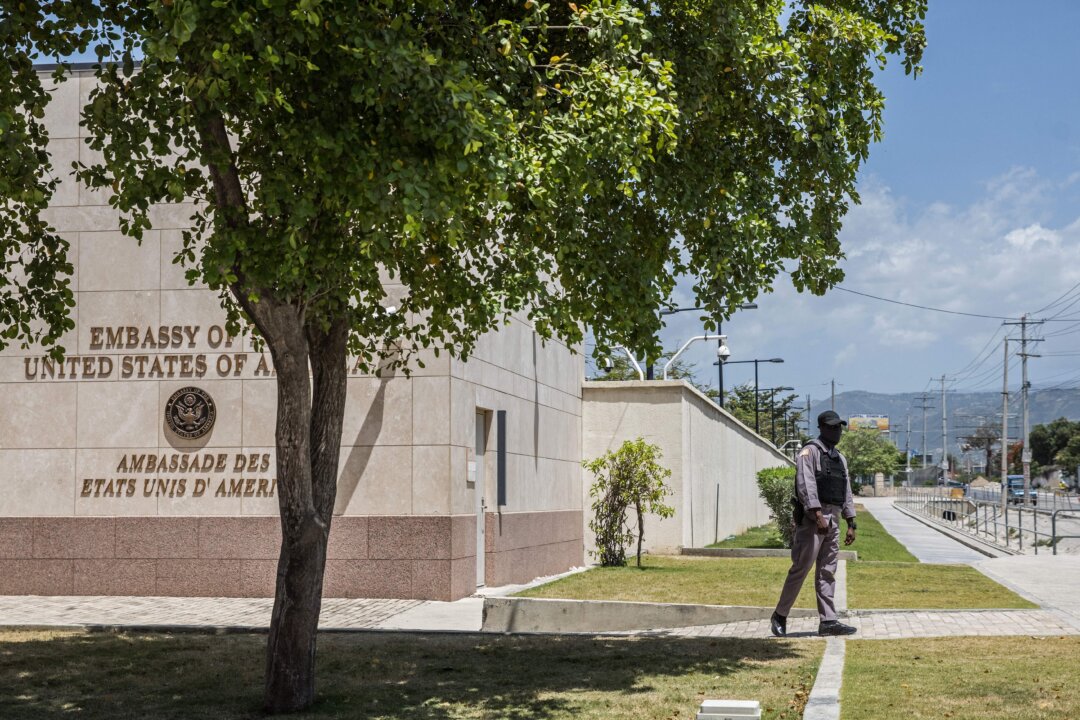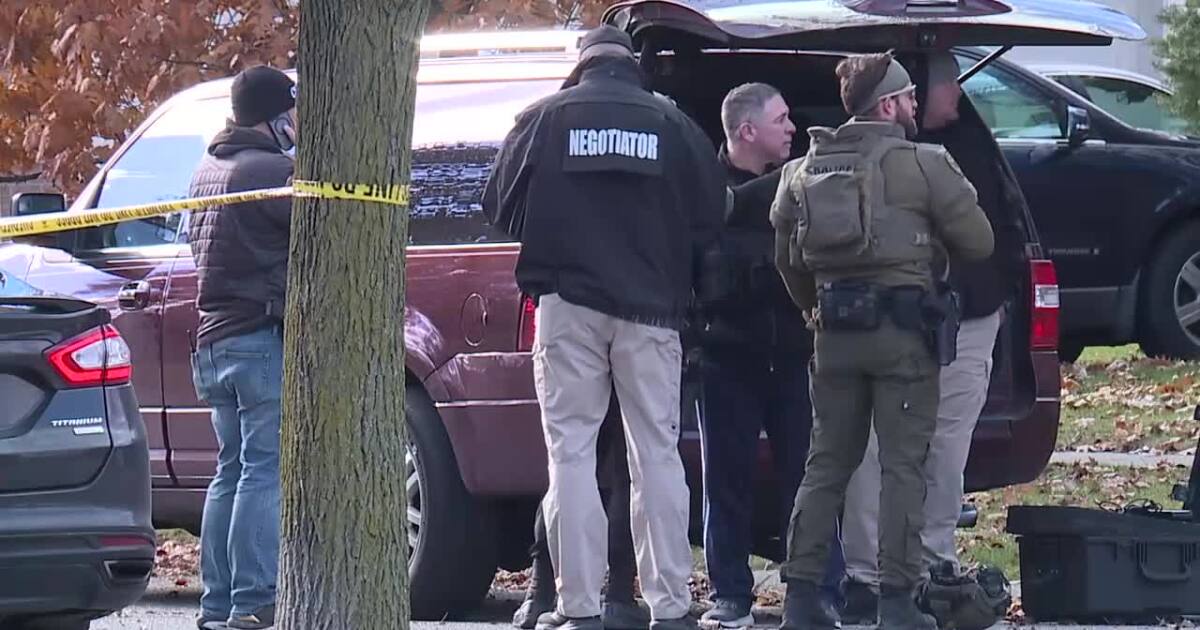UPDATE: Major threats to HIV programs in the United States have just been confirmed, with federal budget cuts poised to devastate essential services for millions living with HIV. Public health experts warn that if these cuts proceed, the impact on treatment, prevention, and overall public health could be catastrophic.
The Trump administration’s latest budget proposal seeks to dismantle critical programs at the Centers for Disease Control and Prevention (CDC), which are vital for monitoring HIV cases, funding state health agencies, and promoting widespread testing. Just as advancements in HIV treatment are making strides, these funding threats are leaving experts frustrated and fearful.
Reports indicate that $2 billion in federal HIV funding could be eliminated, jeopardizing the future of pivotal services. Approximately 40% of Americans living with HIV rely on Medicaid for coverage, and new paperwork requirements set to take effect in 2027 could block many from renewing their policies.
“Right now, this is a very depressing moment for HIV-positive people,” stated Perry Halkitis, dean of the Rutgers School of Public Health. “All the excitement about ending the AIDS epidemic has just been taken out of its sails.”
In a shocking move, the budget cuts would halt the development of promising new treatments, including a twice-yearly PrEP option recently approved by the FDA. Experts express deep concern about the affordability of this drug, especially as millions face the loss of healthcare coverage due to federal spending cuts.
The situation is dire in states like Tennessee, where $2 million in federal HIV research funding has been scrapped at one of the nation’s oldest historically Black medical schools. As a result, critical research and support initiatives are at risk of being dismantled.
Jeremiah Johnson, executive director of PrEP4All, emphasized, “Without these services, we will see more people diagnosed later, potentially with opportunistic infections that could lead to AIDS.” He warned that the proposed cuts threaten to roll back decades of progress in combating this epidemic.
The White House’s proposal includes shutting down vital HIV prevention and surveillance functions at the CDC. House Republicans are pushing even more aggressive cuts, aiming to eliminate the federal program launched during President Trump’s first term that aimed to reduce new HIV infections significantly. This program was touted as a cornerstone in the fight against HIV, yet it is now on the chopping block.
Matthew Rose, senior public policy advocate at the Human Rights Campaign, noted the unprecedented hostility towards HIV prevention efforts, stating, “The vitriol and hostility they have towards HIV prevention work is unprecedented.”
Historically, HIV issues have garnered bipartisan support, but the current political climate is shifting. Experts are alarmed at how the current administration’s stance could exacerbate the epidemic, especially among vulnerable populations, including transgender individuals who are disproportionately affected by HIV.
With the ongoing focus on rolling back rights for marginalized groups, the health care access for those at high risk is further compromised. Many fear that the exclusion of transgender individuals from health initiatives may prevent them from accessing necessary treatments.
The stakes are high, as experts warn of a potential resurgence of the epidemic if vital services are defunded. “We don’t want to learn the hard way what happens when you take that away,” Johnson cautioned.
As the threat to HIV programs looms, Americans living with HIV face increasing medical costs that many cannot afford. A 2021 study revealed that the average lifetime medical costs for someone with HIV can exceed $420,000. Without safety nets like the Ryan White Program or adequate Medicaid coverage, many HIV-positive individuals will find themselves without the necessary support.
The time to act is now, as public health advocates rally against these proposed cuts. The implications for millions of Americans living with HIV are severe, with lives hanging in the balance. It is crucial to raise awareness and advocate for the preservation of these essential services before it is too late.
Stay tuned for further updates on this developing situation as it unfolds.







